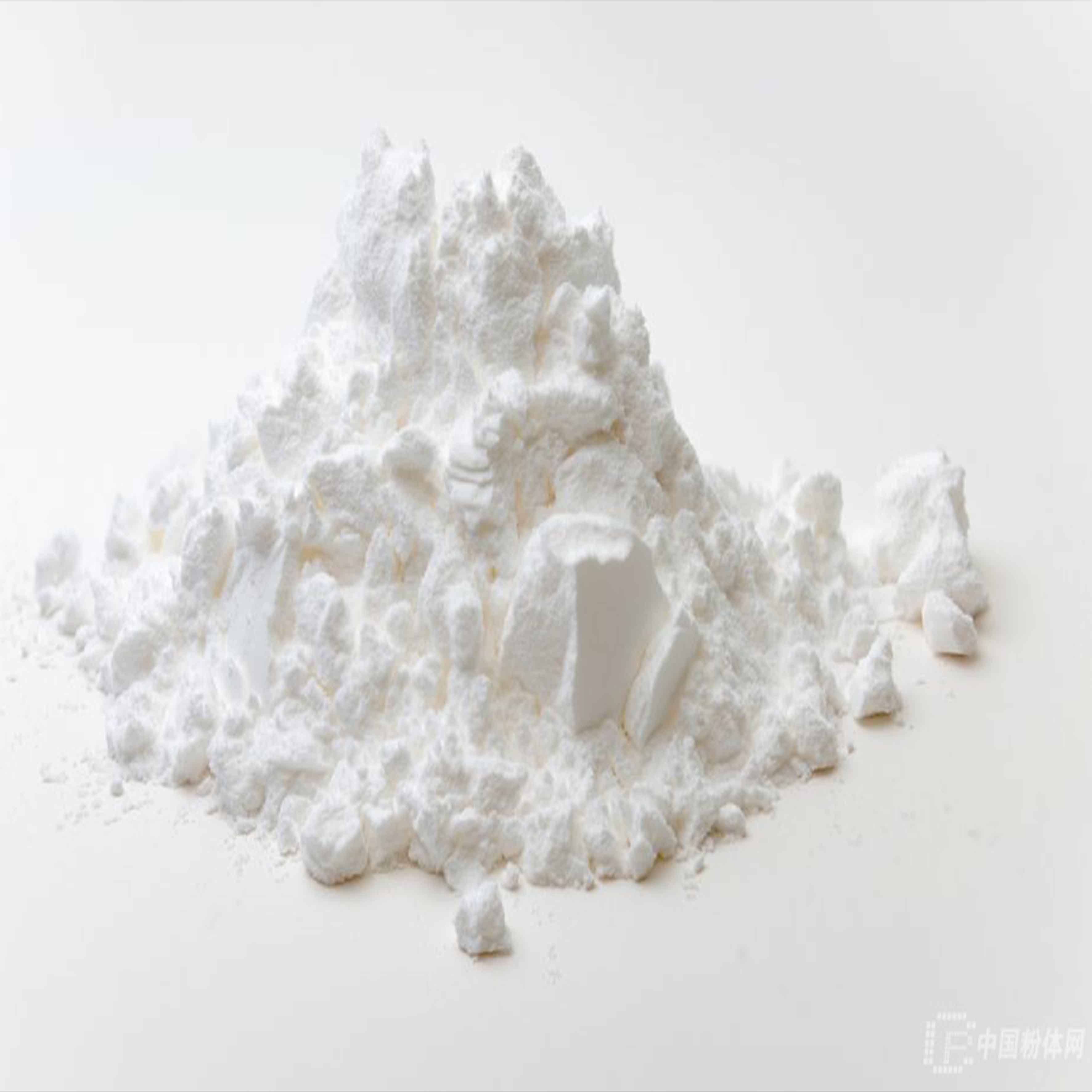...
2025-08-15 07:10
468
...
2025-08-15 06:19
2003
...
2025-08-15 06:14
1040
...
2025-08-15 06:00
2519
...
2025-08-15 05:57
2628
...
2025-08-15 05:40
385
...
2025-08-15 05:37
1191
...
2025-08-15 05:31
1982
...
2025-08-15 05:26
2699
...
2025-08-15 05:09
902
